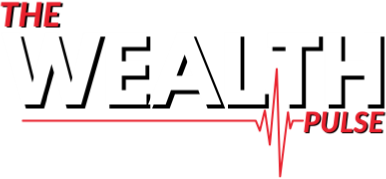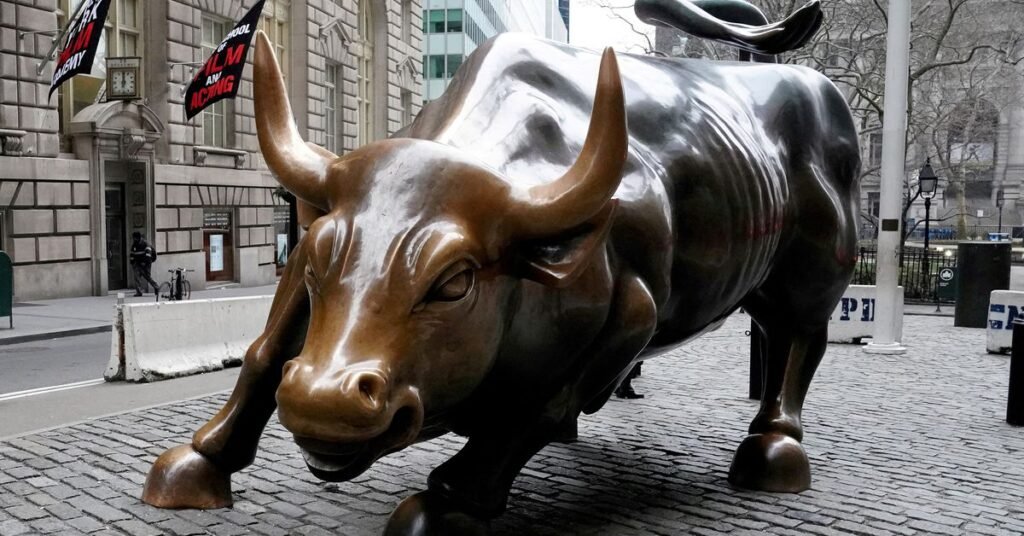March 3 (Reuters) – Non-public fairness companies which have for years capitalized on the regulatory woes of banks by turning into lenders to dangerous leveraged buyouts are doing much less enterprise simply as larger rates of interest have made that observe extra profitable.
Buyout companies with direct lending companies, similar to Blue Owl Capital Inc (OWL.N), Blackstone Inc (BX.N) and Apollo International Administration Inc (APO.N), disbursed a complete of $151.3 billion in 2022 for so-called middle-market offers — midsized acquisitions by non-public fairness companies — in accordance with monetary information supplier Refinitiv.
That was 23% lower than the $195.7 billion lent out in 2021, however nonetheless 41% larger than in 2020. The quantity of loans disbursed by direct lenders up to now in 2023 has not proven any pickup, the Refinitiv information exhibits.
Seven non-public credit score executives interviewed by Reuters attributed the drop to fewer firms knocking on the door of direct-lending non-public fairness companies, with the financing turning costlier, and the lenders turning into more-risk averse amid considerations a few potential financial slowdown.
Newest Updates
View 2 extra tales
Restricted financial institution financing for leveraged buyouts is dissuading many potential debtors from pursuing offers within the first place and, because of this, fewer of them are knocking on the door of personal fairness companies as lenders, the executives added.
“There's much less mergers and acquisition exercise available in the market as a result of there's restricted public financing,” mentioned Marc Lipschultz, co-president and co-founder of Blue Owl Capital Inc (OWL.N).
The full worth of leveraged buyouts in the USA fell 32% year-on-year to $345.6 billion in 2022, down from $507.6 billion within the earlier 12 months, in accordance with Refinitiv.
Additionally weighing on deal volumes is the price of borrowing from non-public fairness companies. Such a mortgage has all the time been costlier than a conventional financial institution mortgage, but dealmakers nonetheless opted for it when banks confronted regulatory constraints in saddling an organization with quite a lot of debt.
The price of this mortgage has not too long ago soared amid larger rates of interest. A $1 billion mortgage from a personal fairness agency for a corporation rated non-investment grade – or junk – now averages an rate of interest of as much as 12%, up from round 7.5% common in 2021, one of many executives interviewed by Reuters mentioned. This has dampened demand for loans from non-public fairness companies.
Milwood Hobbs, head of North American non-public credit score sourcing at Oaktree Capital, mentioned some debtors are opting to delay refinancing and repaying their excellent loans due to the upper prices of a brand new financing. This has restricted the power of some direct lenders to replenish their capital to allow them to finance new offers, Hobbs added. “It has been taking extra lenders and extra time to membership up a deal,” he mentioned.
For his or her half, non-public fairness companies have additionally turn into extra risk-averse in the case of lending, because the financial slowdown and sticky worth inflation erode the credit score worthiness of some debtors.
“The slowdown [in direct lending] is because of uncertainty in regards to the financial outlook and rates of interest, the continued disparity on valuation expectations and a few seasonal elements, fairly than an absence of debt capital obtainable,” mentioned Kipp deVeer, head of credit score at Ares Administration Corp (ARES.N).
DEBT FUNDS LAUNCHES HIT
The drop in direct lending enterprise has spilled over into fundraising for automobiles that present the swimming pools of capital for the loans. U.S. non-public debt funds raised $216.2 billion in 2022, down 6% from the 12 months earlier than, in accordance with information supplier Preqin.
To make sure, main offers utilizing non-public fairness companies as lenders are nonetheless getting executed as banks have continued their retrenchment from dangerous debt. In 2022, direct lenders backed Vista Fairness Companions in its $8.4 billion acquisition of U.S. tax accounting software program firm Avalara Inc in addition to its take over of cybersecurity agency Knowbe4 Inc for $4.6 billion. Thoma Bravo's deal to amass Ping Identification, a cybersecurity agency, for $2.8 billion was additionally financed completely by non-public credit score companies.
“Absolutely the variety of direct lending loans has come down however our market share within the financing market has gone up,” Lipschultz mentioned.
(This story has been refiled to right the title of Marc Lipschultz in paragraph 6)
Reporting by Chibuike Oguh in New York; Enhancing by Diane Craft
: .

